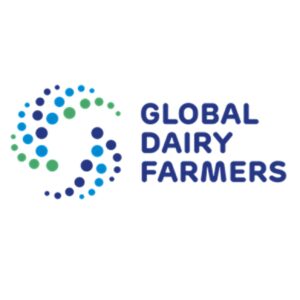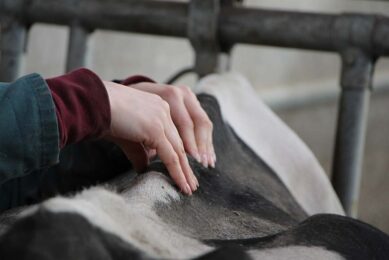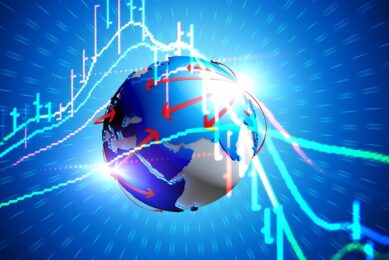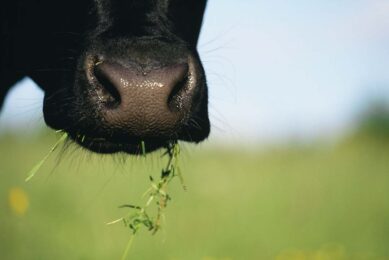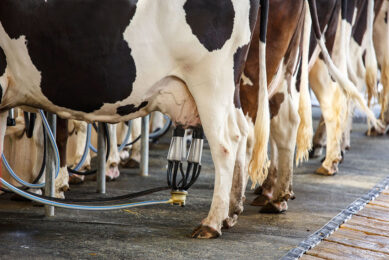Using reflections to prepare for the future
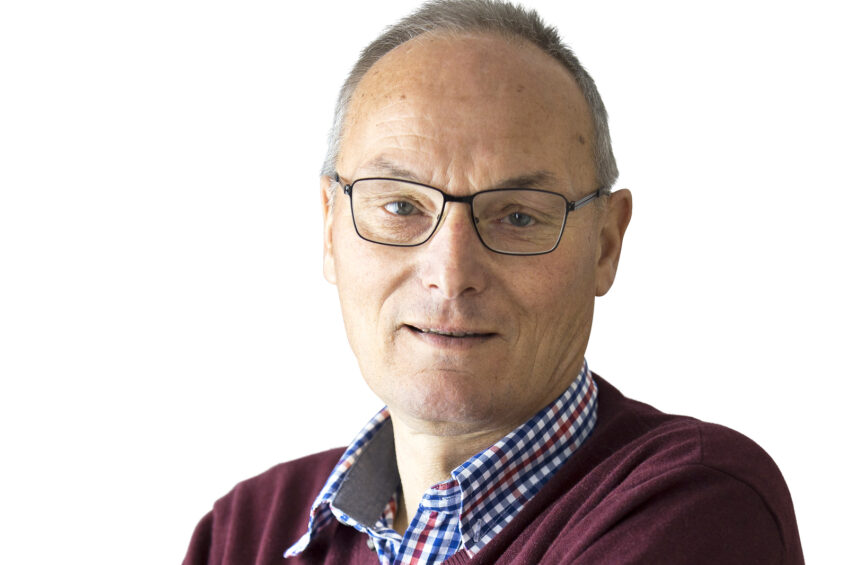
During holiday time there is often time for some reflection. So, this is where my mind wandered, off to the time when I made my debut as a dairy farmer in 1968. In my country nearly every village had its own dairy farm. Products were sold locally and only a minor part of the total production was exported to countries outside the Netherlands. In close proximity to my farm, there were at least ten dairies. Now, there is only one. This particular farm is a really modern dairy farm and processes dairy products for export only, such as cheese and milk powder.
In all sectors (also outside agriculture), upscaling is widely accepted. Look at the car industry and the developments in stores. Buyers are acting on a global scale and all products are coming from different parts of the world. Kiwi fruit is imported from New Zealand to my country. Poultry meat comes from Brazil. The Dutch chicken meat industry is mainly owned by Brazilians. Transportation of fresh food is not an issue anymore. Often it is even cheaper to transport to another continent (by container or plane) than moving the products to the domestic harbour or airport.
We as humans are travelling with the greatest ease and with low costs all around the world. For farmers it means: they have to act from local to global, hence handling differences in culture and (food) habits. They have to know more about markets and possibilities in order to influence the food chain instead of being the last link in the chain without any efficiency.
For this, Global Dairy Farmers is organising its congress next year in Turkey or a neighbouring country. The congress topic will be ‘backwards integration’, fuelled by high level speakers who will discuss with the attendees what the future possibilities are regarding influencing the margins in the food chain and owning and controlling a fair share.
Another reflection: In 1976, our farm was the first one in the world to use cluster removers in a double eight herringbone milk parlour in practice. I still remember it as if it had happened yesterday. The system was easy and worked excellent! But no registration of milk yield and so on was being done. Last month I had a discussion about future automation on the farm (in a time where robots are already playing better soccer than humans and have made their way into logistics for example). It is amazing, what is already being done with robotics. Look at the possibilities of drones and GPS for example.
Farmers are growing from being craftsmen to being a manager and entrepreneur. This transformation demands specialised education for these farmers and managers. They have to act global and need to use automation in a proper way. On a small scale dairy farm, the owner can do these things by himself. But on the current large scale and mega farms, the whole team of managers and workers have to be equipped with this new way of thinking and acting. So HRM (Human Resource Management) is a real challenging topic.
Therefore, Global Dairy Farmers, Aeres University Dronten (NL) and Cownexxion are co-operating now in the new Dairy Business Academy. This autumn we will start a new training: Elite Training Large-scale Dairy Production Manager.
The focus will be on gaining and improving management skills through practice and the knowledge of international expert practitioners. During this one-year training you are coached in making your own business thrive financially with motivated employees.
Times are changing for dairy farmers. Therefore, reflections are useful to find solutions for future challenges .
Join 13,000+ subscribers
Subscribe to our newsletter to stay updated about all the need-to-know content in the dairy sector, two times a week.


